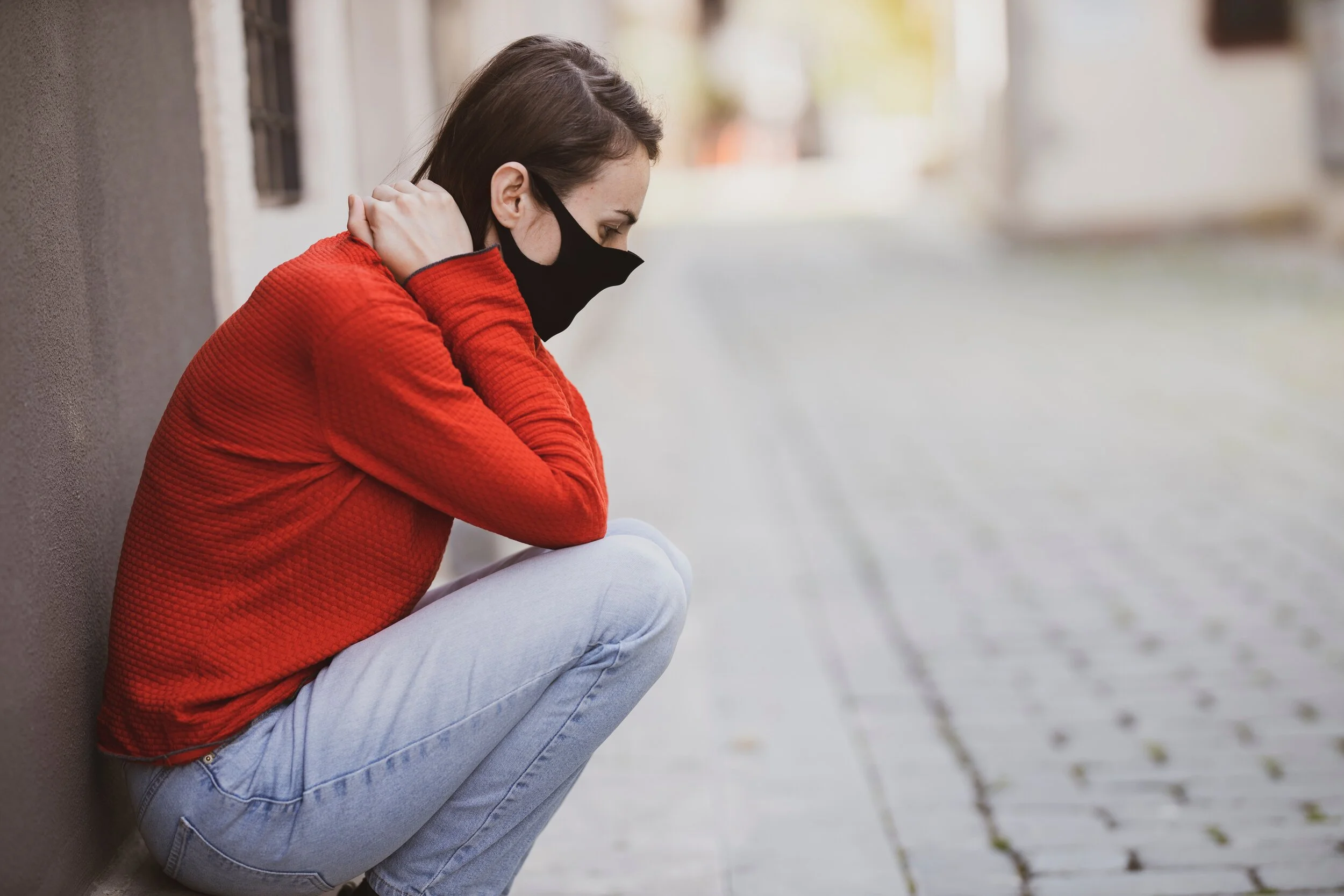“I want to go back to life before.”
This was the sentence I uttered to Daniel in the first couple of weeks after my sudden hysterectomy.
One day I was awaiting results from a routine exam. Within weeks I was longing for the days of routine, instead I was trying to process the words: “You have cancer.”
These words came out of left field. I had no category for them. I had no warning. I had no coping mechanisms for the onslaught of confusion that came. But it was now a true statement about my health. Cancer was living inside my body.
I always thought I would find cancer before it found me. I would take my concerns to the doctor. I would find a lump or a mass. I would see the warning signs. But for me there were no warning signs. Every routine test failed to detect what was happening—for years. Such are the limits of modern medicine, and being human. We only can see so much. We only can test so much. “Cancer doesn’t play by the rules,” my doctor says. And that is why cancer is so scary to everyone.
It is this backdrop that led to my angst filled request to Daniel. Take me back to life before cancer. But that’s an illusion. It wasn’t truly safe. I was just ignorant, unaware of the cancer that was growing inside me.
Did I mention that all this happened during a pandemic?
Going back to normal after cancer is as hard as going back to normal after a pandemic. You can’t. You are always aware of the sickness looming, the trouble waiting, or the unraveling coming. There is always a threat that you can’t see. And that is what makes going back to normal so hard. You have before, and you have after. You can’t go between the two. You have crossed over to the other side where the world is no longer safe. It’s entirely unpredictable, and that prospect is terrifying.
Getting cancer during a pandemic is weird. It’s isolating. It’s scary. It’s uncertain. It’s like cancer during normal times, but without all the warmth of the sympathetic smile (everyone wears masks), the empathetic hug (social distancing), and even the visitors at the hospital. There are no spouses by the bedside. No pastors able to make hospital visits. It’s a barren land of isolation, peppered with healthcare workers who do their best to make you feel like it’s going to be okay.
Is it?
But there is something else that is unique to getting cancer during COVID. You know God’s indwelling presence in an entirely new and profound way. There is a friend who sticks closer than a brother (Prov. 18:24). This is a friend who will not abide by social distancing. He can’t. It’s impossible. You are in his blood (Gal. 2:20). You are joined to him (John 15:4). He can never leave you or forsake you (Deut. 31:6). COVID-19 has no hold on him. Neither does cancer
There is a sweetness to his presence when no other friend can draw near. There is a healing balm in his word when it’s the only thing that is certain. There is a closeness you know that can only come when everyone else must keep away. It’s a gift, one you wouldn’t think to ask for, but a gift all the same.
I don’t want to relive the last few months ever again, though there is no guarantee I won’t have to. But the memory of God’s presence is one I don’t want to forget, even as I try to purge the memory of everything else far from me.
He is the Good Shepherd (John 10:11-18). He doesn’t leave us as orphans (John 14:18). He has come to us. He cannot be taken from us. He will comfort us in our grief, console us in our isolation, and draw near to us in our fears. Whether it’s COVID-19, cancer, or some other horrible effect of this crisis we are living, nothing is certain, but he is. He is with us (Ps. 46:1).
